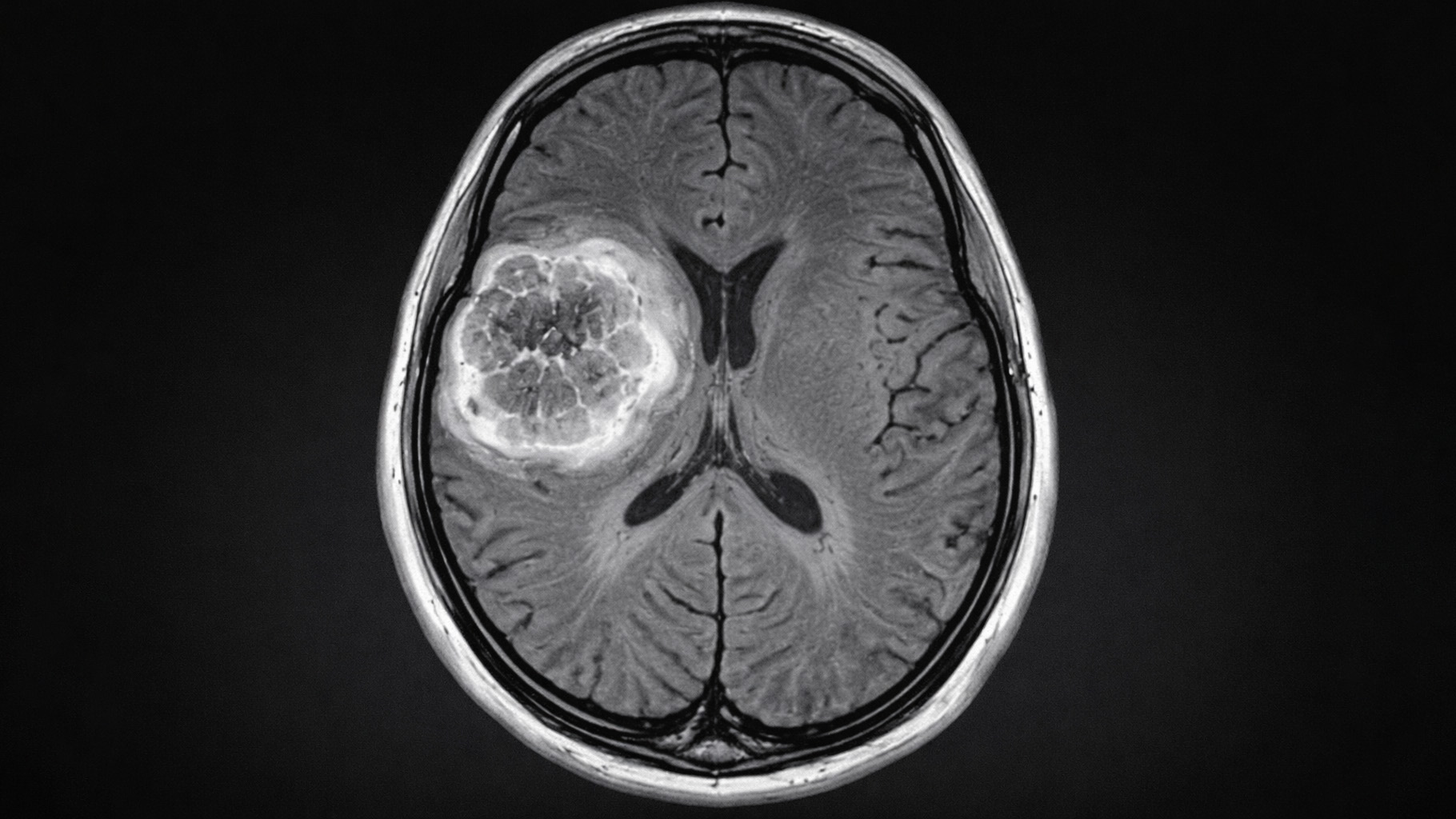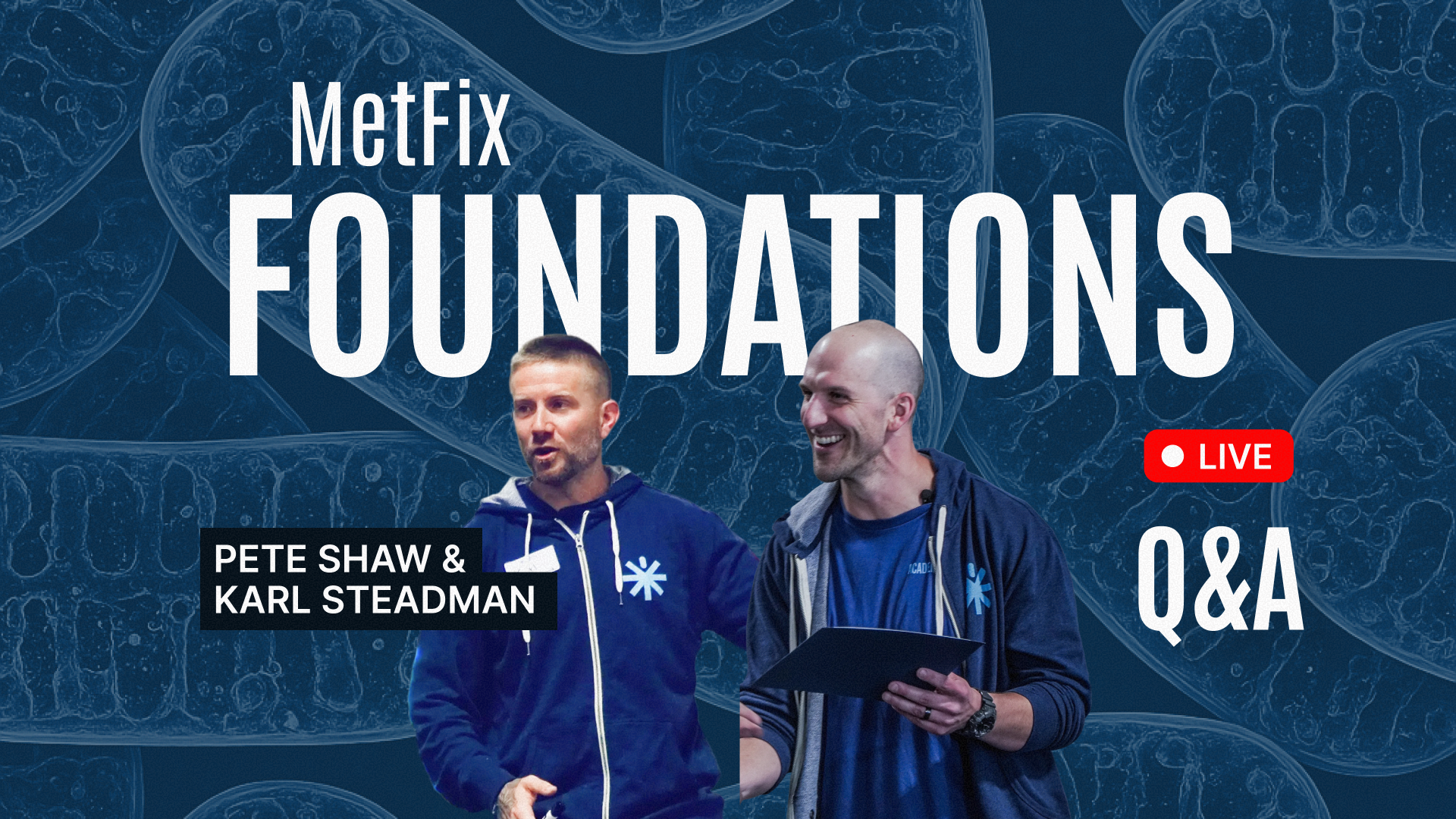In this episode, Emily and Anton Garrett explore the foundational role of probability and Bayesian reasoning in scientific fields, focusing on how certain statistical philosophies have influenced scientific practices and methodologies.
Historically, physicists like Ed Jaynes and his predecessors championed probability theory as an essential tool in scientific inquiry. Garrett argues that scientists are often better positioned than statisticians to innovate in statistical methods because these methods are meant to be practical tools rather than theoretical endpoints.
Contrasting the Bayesian and frequentist approaches, Garrett advocates for Bayesian methods, explaining that they allow scientists to incorporate prior knowledge, which is crucial for practical applications, like estimating probabilities in drug trials or climate science. Unfortunately, frequentist methods dominate, partly due to historical momentum but often fall short in high-stakes or complex fields where a nuanced understanding of uncertainty is needed. Kaplan and Garrett touch on real-world examples, like the insurance industry’s implicit Bayesian methods and the successful use of Bayesian techniques in finding submarines.
Touching on the broader implications of “postmodern” science, Garrett identifies meta-analysis and underpowered datasets as culprits for non-replicability, especially in biomedical sciences. He contrasts this with the relative rigor of physics, which benefits from fewer variables and more mathematical control.
Anthony Garrett has a PhD in physics (Cambridge University, 1984) and has held postdoctoral research contracts in the physics departments of Cambridge, Sydney and Glasgow Universities. He is Managing Editor of Scitext Cambridge, an editing service for scientific documents.
LISTEN AS A PODCAST
Anthony Garrett has a PhD in physics (Cambridge University, 1984) and has held postdoctoral research contracts in the physics departments of Cambridge, Sydney and Glasgow Universities. He is Managing Editor of Scitext Cambridge (www.scitext.com), an editing service for scientific documents.
Support the Broken Science Initiative.
Subscribe today →
recent posts
And more evidence that victory isn’t defined by survival or quality of life
The brain is built on fat—so why are we afraid to eat it?
Q&A session with MetFix Head of Education Pete Shaw and Academy staff Karl Steadman


